Heating Your Home: Propane vs Gas
Homeowners often find themselves contemplating the most efficient, cost-effective, and eco-friendly ways to heat their homes. The debate between propane and natural gas has long been a topic of discussion. Each has its distinct advantages and potential drawbacks, making it crucial for homeowners to understand their heating options. In this post, we delve into the comparison between propane and natural gas, outlining three key considerations such as cost, environmental impact, geographic factors, and infrastructure requirements.
Cost Comparison
Cost plays a significant role in deciding between propane and natural gas. Generally, natural gas is considered less expensive in terms of cost per unit of energy. However, this isn't always the case everywhere, as pricing can depend heavily on local infrastructure and market conditions. For example, urban areas with an established natural gas supply often see lower costs due to the widespread availability and network already in place. On the other hand, propane tends to be favored in more rural or remote areas, where natural gas pipelines didn't reach, despite potentially higher costs per unit. Additionally, fluctuations in global fuel prices, transportation costs, and seasonal demand can all impact the cost-effectiveness of each fuel source. While natural gas might be cheaper in the short term, propane could offer better stability in areas where supply chains are less affected by global markets, making it an attractive choice for some homeowners.
Environmental Impact
In terms of environmental impact, both propane and natural gas are considered cleaner alternatives to other fossil fuels like coal or oil. Propane, which is a by-product of natural gas processing and crude oil refining, burns cleaner in terms of carbon dioxide emissions and other pollutants. However, natural gas is often heralded as having a lower carbon footprint overall, producing fewer greenhouse gas emissions per unit of energy compared to propane. Despite these distinctions, it's essential to acknowledge that both contribute to greenhouse gas emissions, albeit significantly lower compared to other conventional fuel sources like coal or oil. Additionally, the use of either fuel still has an impact on local air quality and the broader environment, especially when it comes to extraction and transportation processes.
Geographic Factors
Geographic location has a considerable bearing on whether propane or natural gas is more suitable. According to the U.S. Energy Information Administration, 54% of the 6.3 million households in the U.S. that report using propane as their primary space heating fuel are in the Midwest and Northeast parts of the country. This statistic highlights a regional disparity, often influenced by the availability of infrastructure, climate conditions, and even local regulatory environments. In these colder regions, propane's availability and performance in low-temperature scenarios become crucial considerations for home heating.
Infrastructure Considerations
Infrastructure requirements also significantly impact the choice between propane and natural gas. Natural gas necessitates a connection to a pipeline network, which can pose challenges in areas where this infrastructure is absent. Building new pipelines can be an expensive and lengthy process, often making propane a more viable option in these parts. Conversely, propane utilizes a tank system, which can be installed on a property, allowing for more flexibility in location. As a result, homeowners must consider initial setup costs along with ongoing maintenance and refueling requirements when determining the best heating solution for their needs.
Managing Risks
Both propane and natural gas come with a set of safety considerations that contribute to the decision-making process. Propane systems must be regularly inspected and properly maintained to prevent leaks, which can be highly dangerous. Natural gas, while generally safe, can pose risks of leaks as well, often indicated by a sulfur or "rotten egg" smell due to an added odorant. Although both fuels present inherent risks, adhering to safety and maintenance guidelines can mitigate potential dangers, ensuring safe operation for homeowners and their families.
The decision between using propane and natural gas ultimately rests on a variety of factors, including cost, environmental impact, geographic considerations, existing infrastructure, and safety concerns. Both fuels offer distinct benefits that may appeal differently to various homeowners based on their specific situations. By evaluating the needs and circumstances unique to their homes, homeowners can make informed decisions that align with both their heating needs and broader environmental and economic priorities. For expert advice on choosing the best solution for your home, trust Comfort Zone Air Conditioning & Heating LLC. Contact us today to discuss your options and ensure your home stays warm and energy-efficient all season long!
serving
Camden County, MO
Miller County, MO
Morgan County, MO
Business Hours
- Mon - Sat
- -
- Sunday
- Closed
Emergency Services Available



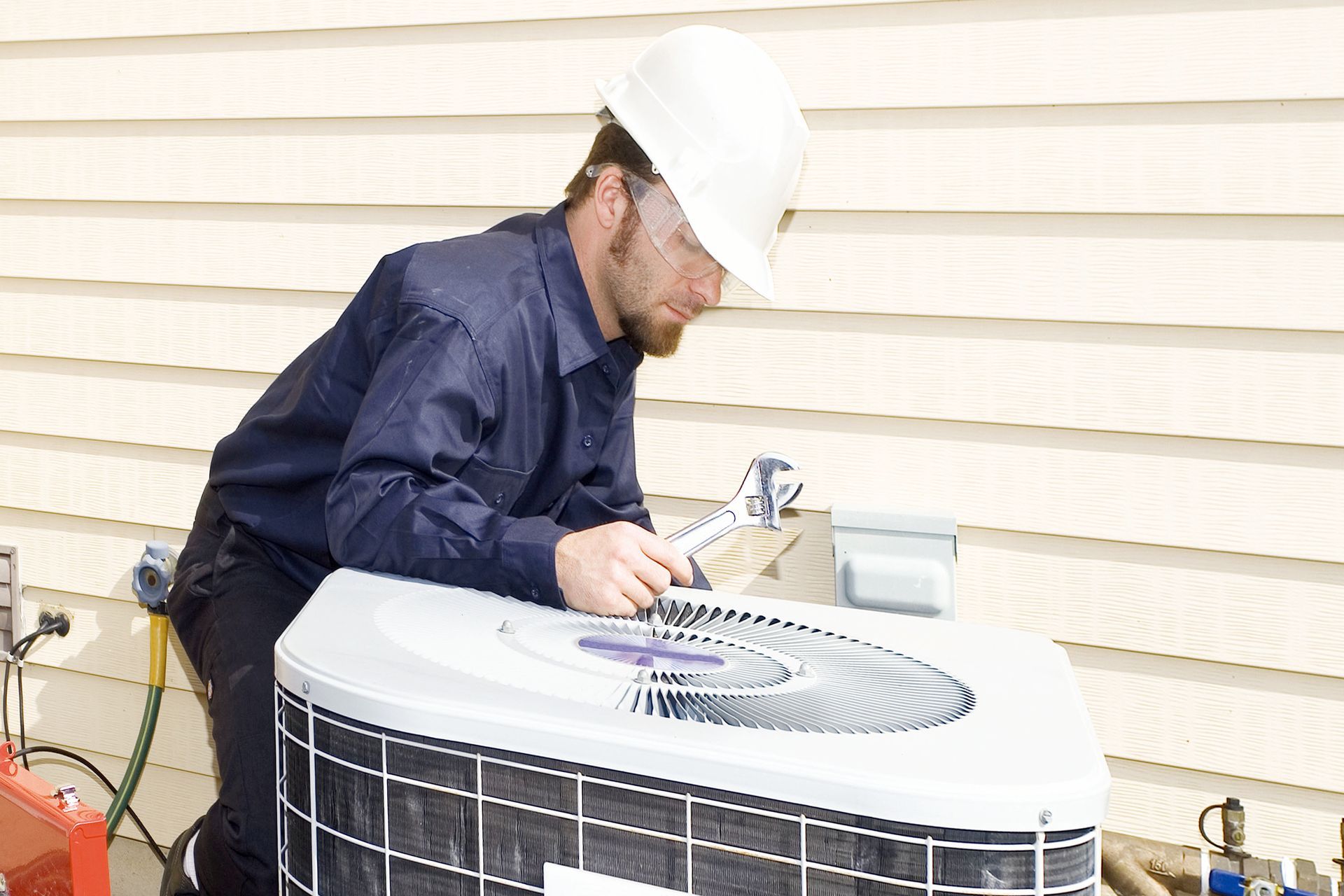
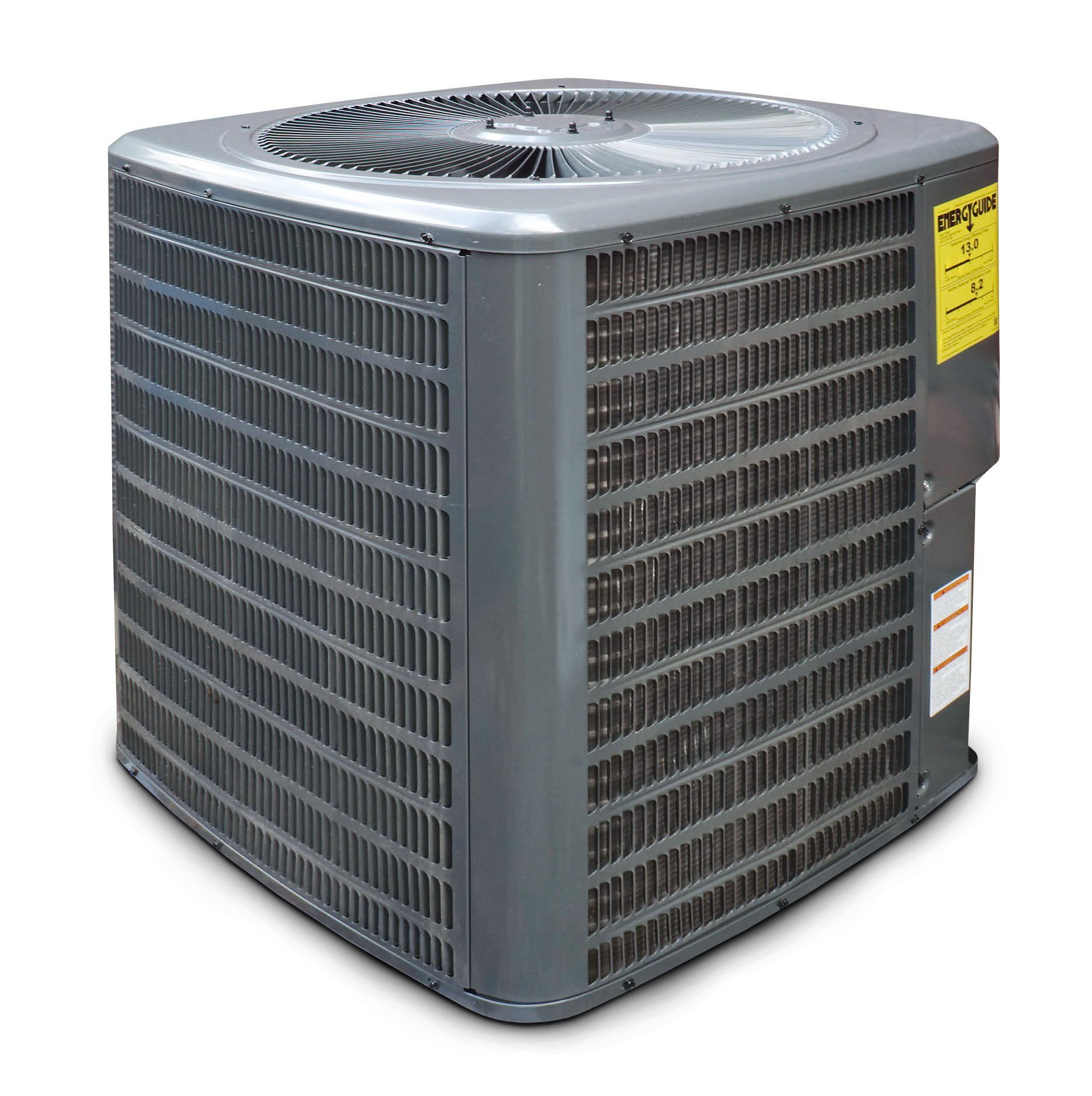

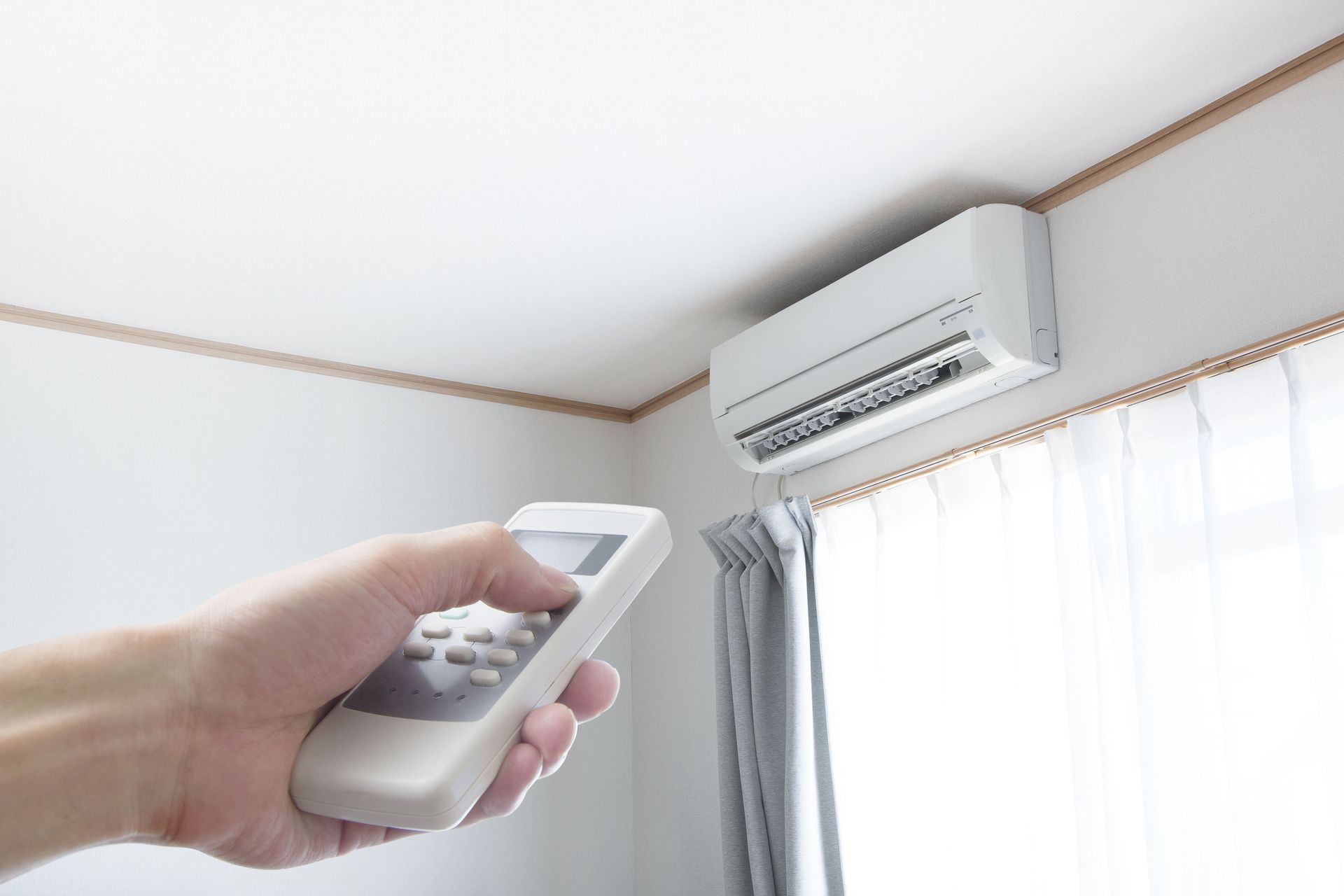

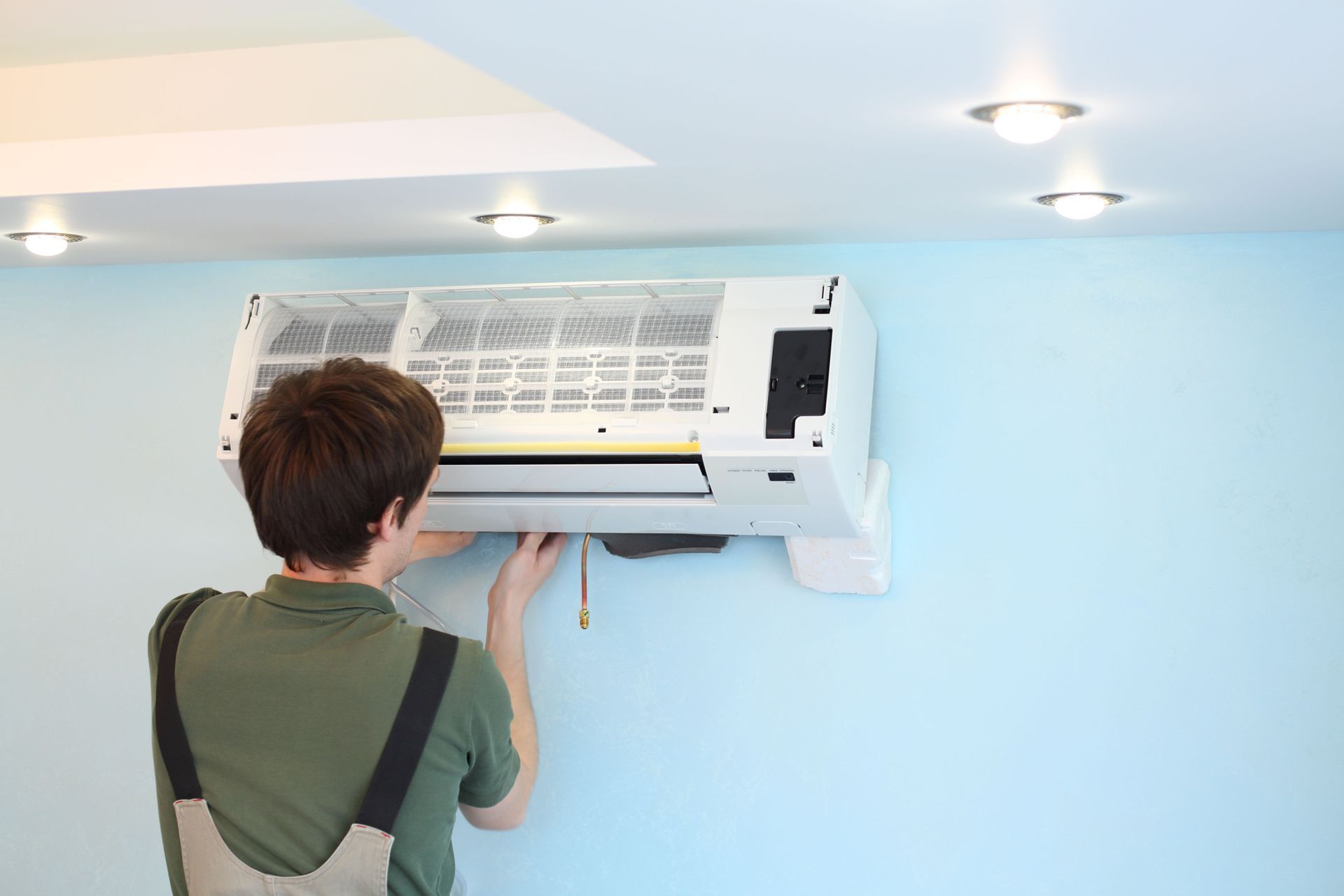

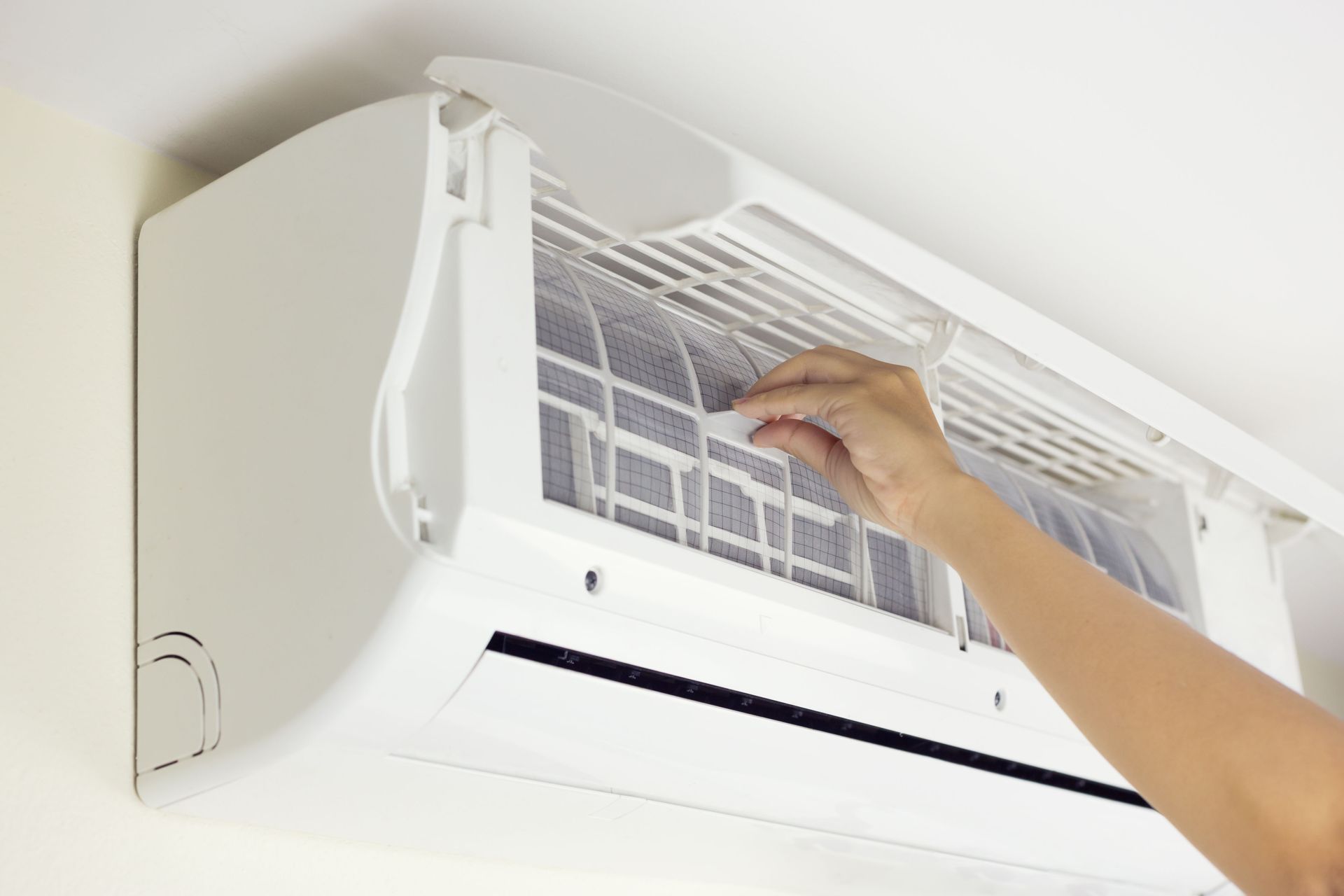


Share On: